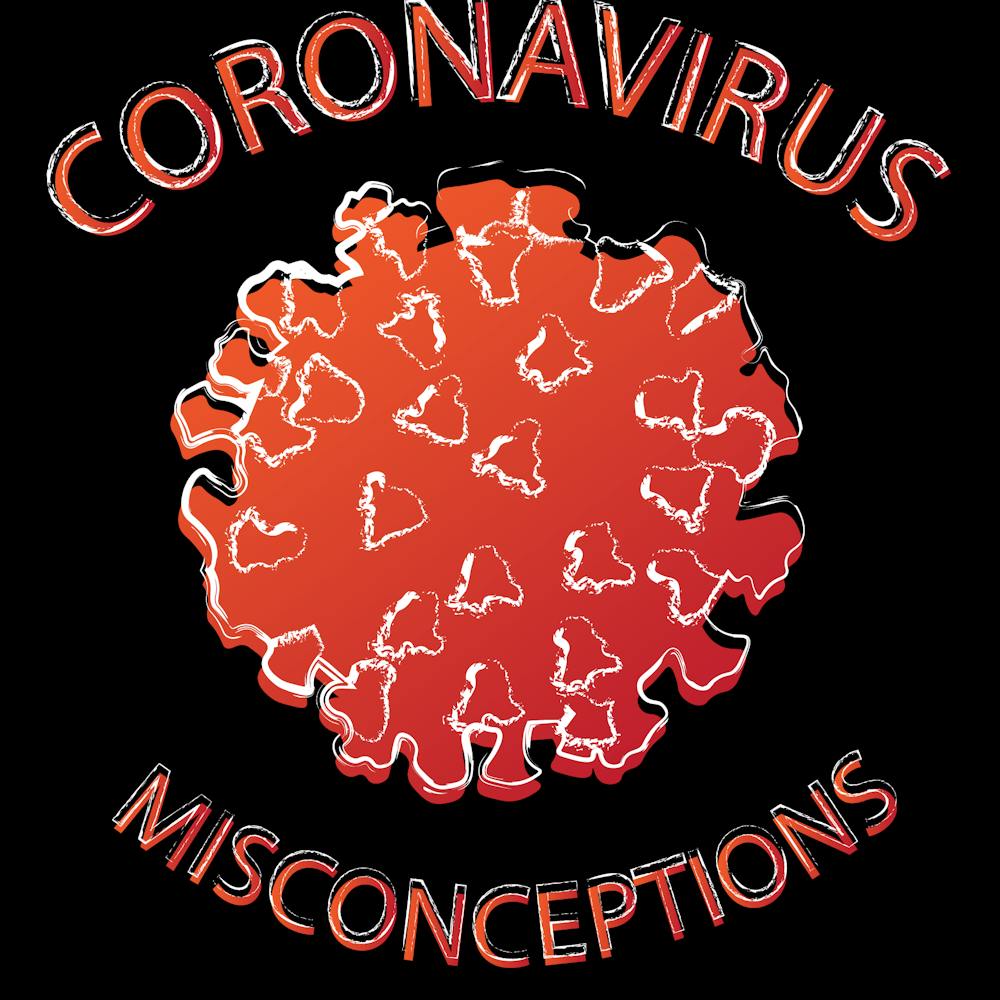Due to the fact that COVID-19 first developed in China, xenophobia has been sparked toward members of the Chinese population, along with people of Asian descent, and has brought up anger and frustration from many people, including Ohio University students.
John Risner, a senior studying marketing, has developed close relationships with the Chinese students on campus, and he has been made aware that passive prejudice has been made toward them. For example, if a Chinese student were to have a slight cough in class, they would receive concerned looks.
“A virus is an invisible enemy, and it has no face,” Risner said. “People will try to categorize people between safe or dangerous. It's not acceptable. There is absolutely no way to connect ethnicity or racial background with who has COVID-19.”
Risner said as someone who is politically active and understanding of politicians’ motivations behind their actions, he believes the rising xenophobia is an obvious attempt by politicians to push blame toward another group of people for a terribly handled public health crisis.
Risner believes President Donald Trump is most likely using the pandemic as a way to prove himself in order to get reelected. He said the reason America took so long to react is because the president was afraid of the negative impact it would make on the stock market and continued to downplay the pandemic.
“Now, in general, is a time for compassion and human empathy,” Risner said. “It is most important that we come together now and not blame each other, but find solace and appreciation in each other.”
Kimberlea Czulewicz, a sophomore studying psychology, said she understands why President Trump and others have been calling it the “Chinese Virus” because it originated in China. She said calling the virus by where it originated has happened in the past, such as the Spanish Flu, but she does not agree with COVID-19 being labeled as the “Chinese Virus” when it has a proper and scientific name by which it can referenced.
Czulewicz said although China did not act quickly and effectively enough to decrease the size of the outbreak, she does not agree with the constant blame that has been put against China.
“You simply cannot blame a country for an outbreak of a virus when something like a new virus is very hard to control or determine how it will react or affect the population,” Czulewicz said.
Although Czulewicz has not seen xenophobia against Chinese citizens firsthand, she said she has seen several articles, videos and posts on social media that have upset her.
Jacob Clift, a sophomore studying chemical engineering, said he believes COVID-19 has been called the “Chinese Virus” to call out the Chinese government rather than to be racist or xenophobic.
“The Chinese government knowingly covered up the virus for months before they released that it was capable of human transmission,” Clift said. “But it’s a pandemic. I do not view Chinese citizens as the cause of COVID. I see the Chinese government as the main problem here.”
Clift said he finds it upsetting that the U.S. becomes more and more torn apart as the days go on. He said that instead of engaging in mutually beneficial discussions, people try to win arguments and persuade others to believe the same ideas as themselves.
“People put too much of their emotions into their political views, which causes arguments and tempers to flare,” Clift said. “No one wins, and if this country stays divided as it is, I can’t see anything good coming from it. “
Annie Fink, a sophomore studying music production and recording industry, is an Asian American who has noticed xenophobia toward the entire Asian population due to the coronavirus misconceptions. She said unlike others’ beliefs, she believes the term “Chinese Virus” is offensive and racist.
“When a term interferes with how my community lives, that’s crossing the line,” Fink said. “There has been an increase in violence against Asian Americans, and I don’t think it is a coincidence. I am the only young person in my home, so I had to go grocery shopping in place of my parents. I felt uncomfortable looks from my predominately white and conservative town.”
Fink said when she goes to the grocery store to support and protect her family, she has to hold in any slight cough or sneeze due to the prejudices of the people around her. She added she has noticed a decline in customers at local Asian restaurants and grocery stores. For example, when her family ordered takeout from a local Asian restaurant nearly a month ago, the owners thanked them graciously because they were not getting much business.
“Some people are quick to be ‘extra cautious’ around Asian people because they assume they have it,” Fink said. “This doesn’t make a ton of sense to me because many Asian Americans either haven’t been back to Asia in years or are simply adopted like I am.”
Fink said Asian grocery shops have recently had fully stocked toilet paper and different goods that have been bought in bulk by many families during stay-at-home restrictions.
“I would tell people who are putting the blame on us to just stop,” Fink said. “It’s not funny or correct. This pandemic has affected the entire world. We are in this together.”






